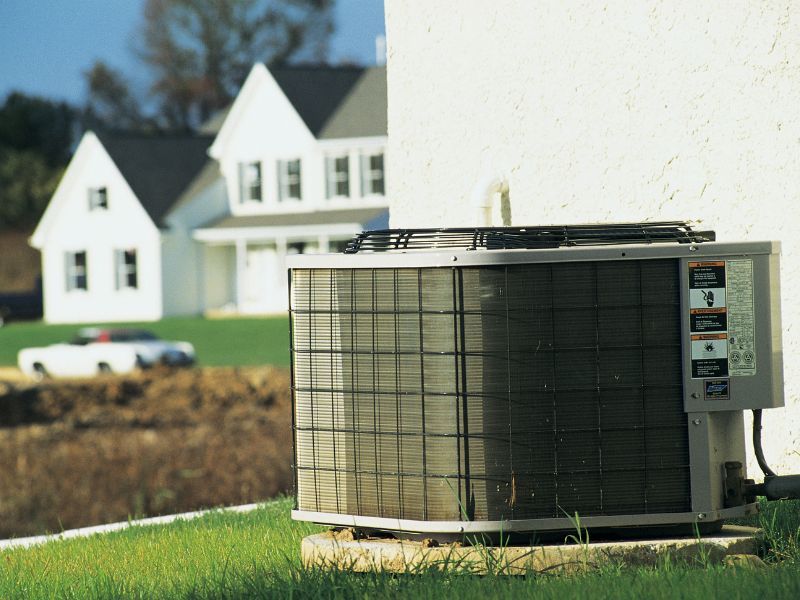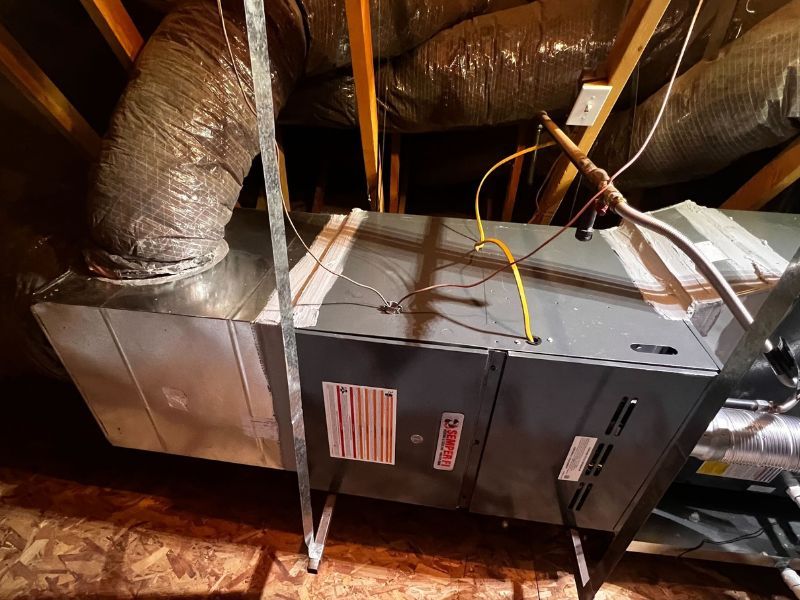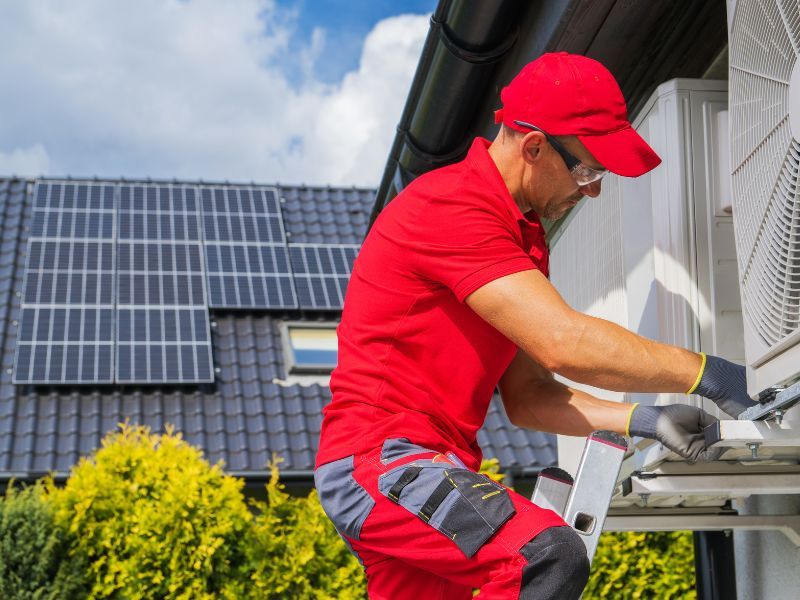What Is Insulation?
Insulation in HVAC refers to the use of materials that have low thermal conductivity to reduce heat transfer between different components of HVAC systems.
Insulation is applied to various parts of HVAC systems, such as ductwork, pipes, and equipment, to prevent heat loss or gain, improve energy efficiency, and maintain desired temperatures. Insulation helps keep heated or cooled air at the intended temperature as it travels through ducts and pipes, minimizing energy losses and optimizing the performance of the HVAC system.
Properly insulated components also contribute to better indoor comfort and reduced energy consumption, making insulation an essential element of effective HVAC design and operation.
People Also Ask About Insulation
Where is insulation commonly used in HVAC systems?
Insulation is commonly used in HVAC ductwork, pipes carrying heated or cooled fluids, and equipment like boilers and water heaters. It helps control temperature variations and minimizes energy consumption.
What are the benefits of insulating HVAC components?
Insulating HVAC components offers benefits such as improved energy efficiency, reduced operational costs, enhanced indoor comfort, prevention of condensation and moisture issues, and extended equipment lifespan.
Can insulation be retrofitted to existing HVAC systems?
Yes, insulation can often be retrofitted to existing HVAC systems. Professionals can assess the system’s components and recommend suitable insulation materials and techniques to enhance energy efficiency and performance.
HVAC System Cost & HVAC Reviews
Related Pages
Categories


